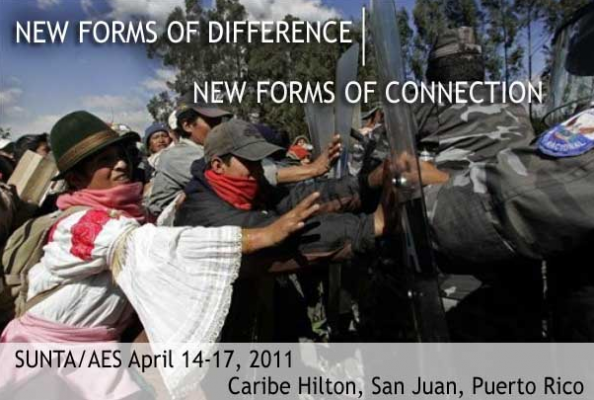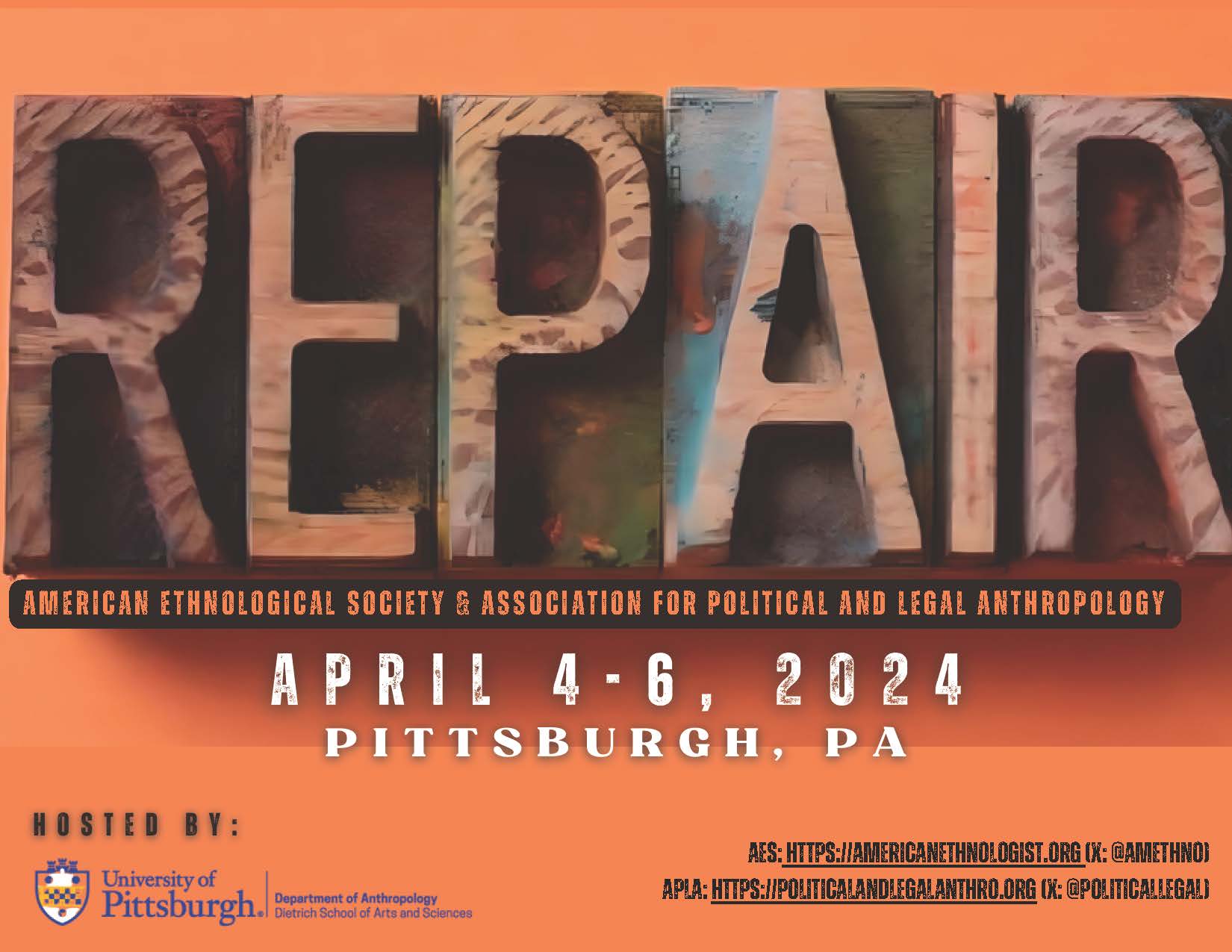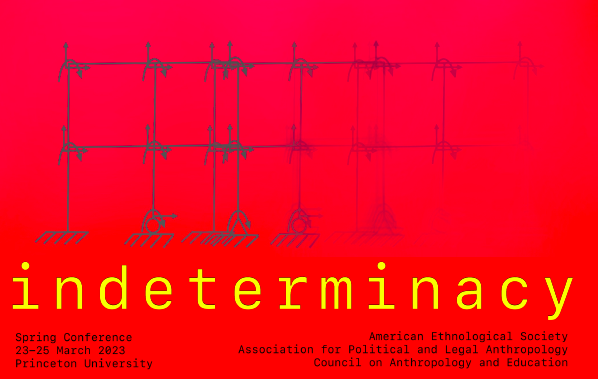April 14-17
San Juan, Puerto Rico

Theme: New Forms of Difference, New Forms of Connection
After more than three decades of neoliberal policies that largely redistributed wealth from
poor to rich, and from south to north, the current Great Global Recession is both
reinforcing existing social, cultural, and political inequalities, such as those of race, class
and gender, and creating new forms of marginality and domains of power. These fault
lines have been thrown into sharp relief by a string of environmental disasters (so-called
natural disasters, and more purely technological disasters), each with catastrophic human,
ecological, and social consequences, just as they have been intensified by warfare and
state responses to and discourses about “security.” Increasingly, close relationships
between governments and corporations lead to privatized, militarized and corporatized
responses, which often produce a “second disaster.” These processes create new forms of
difference—fragmentation, inequality, marginality, identity, cultural particularism. At the
same time, they create the conditions for new forms of connectionsolidarity, alliance,
and political engagementthat may bridge lines of demarcation and imagine alternative
political, economic, and cultural futures.
We solicit proposals for papers, panels, roundtables, posters and workshops that consider
these themes by tackling questions of difference and connection. We invite participants to
explore new theoretical approaches and to present ethnographic cases. We welcome
intellectually broad and geographically diverse contributions, and especially proposals
that engage these topics in the context of Puerto Rico, our conference location. Panel
organizers are also encouraged to bring together researchers whose work spans different
locales and scales – from the hyperlocal to the transnational.
The following are suggestive of the topics we encourage:
The cultural politics of marginalization and the ethnographic realities of living on the margins.
New dimensions of race, class and gender in the 21st century.
The emergence of new political and social movements in an era of crisis (i.e labor, anti-globalization, student, indigenous, environmental) and the new forms of solidarity and belonging they propose.
The transnational connections between social movements in home countries and their diasporas.
Institutions and techniques of non-governmental politics and global governance) and their impact on localized struggles.
The politics of difference from the global to the hyperlocal, including arenas as diverse as bodies, biopolitics and health, and language practices and identities.
Borders, immigration, and policing.
Neocolonialism, neoliberalism, and their discontents.
The anthropology of ecological/political disaster.
The state’s role in making difference and connection, including matters of security and insecurity, militarization, criminalization and violence.
Anthropology’s historical role in creating the terms of difference, disjunction and connection which later anthropologists then discover “on the ground.”
New directions for anthropological research and teaching suggested by these issues and challenges



